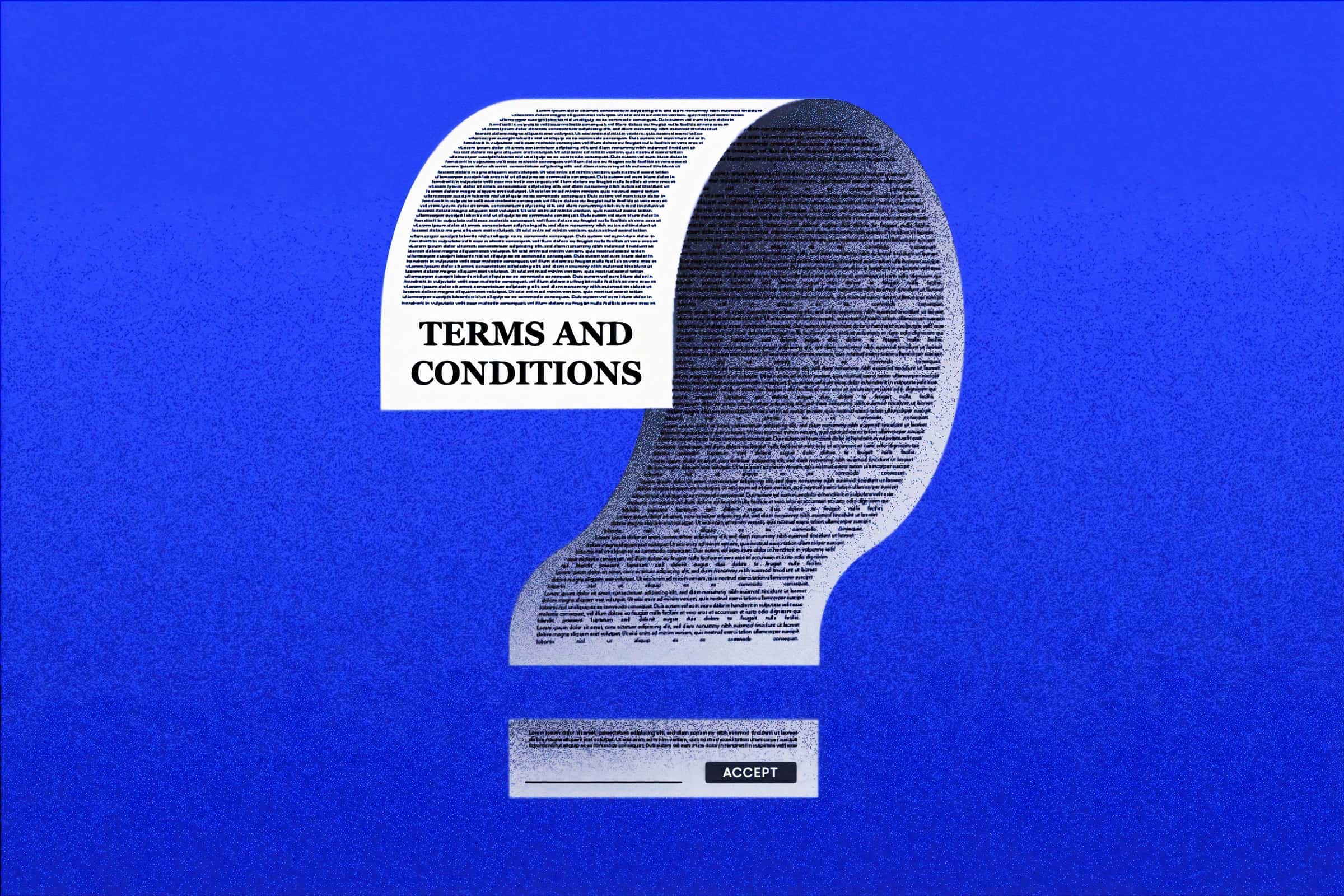Bureaucracy and paperwork I
In other posts we have summed up the amount of times we give up our personal data. We give it to different institutions, organizations, companies and so on. Sometimes, it is mandatory to give said data up, other times we grant them to able to enjoy other services and some others we are not even aware that we are doing so.
All these processes are linked to bureaucracy and paperwork. But have you stopped to think about what bureaucracy really is?
Understanding the origins of the term
The word comes from the French bureaucratie, related with bureau: office or desk, and from the word-cratie from the greek – κρατία, from the root κράτος: power or strength. In other words, if we simplify it we are dealing with “the power handled from an office desk”.
There are many concepts and criteria to define bureaucracy in many languages, but there’s one that sums them all up: “Bureaucracy is the inefficient administration management caused by paperwork, rigidness and superfluous formalities”.
Bureaucracy is usually linked to delayed procedures, be it for technical-organizational stuff or provoked intentionally in all the decision-making processes.
Bureaucracy and paperwork today
In many countries and inside certain organizations, bureaucracy is related with corruption. In this process, generally, there’s always a justifying cache: paperwork and/or technical and organizational difficulties.
There are countless absurd, long and inefficient procedures that we must do every day. Troublesome processes that only make our lives more difficult.
Some publications refer that in most countries, procedures are slow and inefficient with great digital process flaws because of dispersion in the recollection of data.
Paperwork and procedures today
Completing just one procedure consistent with giving up our personal data takes about 5,4 hours.
Nevertheless, in some countries it takes more than 11 hours since the moment in which you decide to start the procedure until the time it is completed. Procedures which require our presence costs governments, institutions or companies up to 40 times more than the equivalent service used in a digital system.
In the European Union it’s possible to start 80% of procedures online, but at the end of the day you will have to go there in person. This is especially due to the lack of credibility of the systems when processing personal data that has been provided to them.
In Estonia, considered the first digital nation, there’s still the need for physical presence to complete some procedures, like marrying or getting a property. This nation is responsible for the E-resident program (digital residency), which is one of the greatest advances in the entrepreneurial era.
Nevertheless, the final step for this identification document requires the presence before the authorities of consulates or embassies of the country. This definitely seems quite absurd. This is because there is no universal identification system which would allow them to validate our personal data.
Bureaucracy and paperwork in figures
In the business, economic, entrepreneurs and companies’ world, very important revelations have come to light. A survey conducted on 44 economies by the International Business Review de Grant Thornton firm, said that these generate 80% of the Gross Domestic Product (GDP) of the world, also that the countries with more bureaucratic problems are Greece, India and Italy, where 72, 62 and 60% of their entrepreneurs respectively consider excessive regulatory procedures as a major obstacle for business.
The Grant Thornton study mentions the nation with the least bureaucracy to be Finland, where just 8% of entrepreneurs believe that procedures slow down the entrepreneurial growth. At a global level they found that 34% of entrepreneurs establish that bureaucracy is an important step-back for businesses.

Big part of governmental, institutional or private bureaucracy is given by the recollection and verification of people’s data to offer an authorization or service. Data travels from one side to another and very few times do people actually have control over them.
In most cases, all the data was delivered in ink and pen, as part of the bureaucratic process to reach a service, an approval or a mandatory register.
Artículos relacionados


